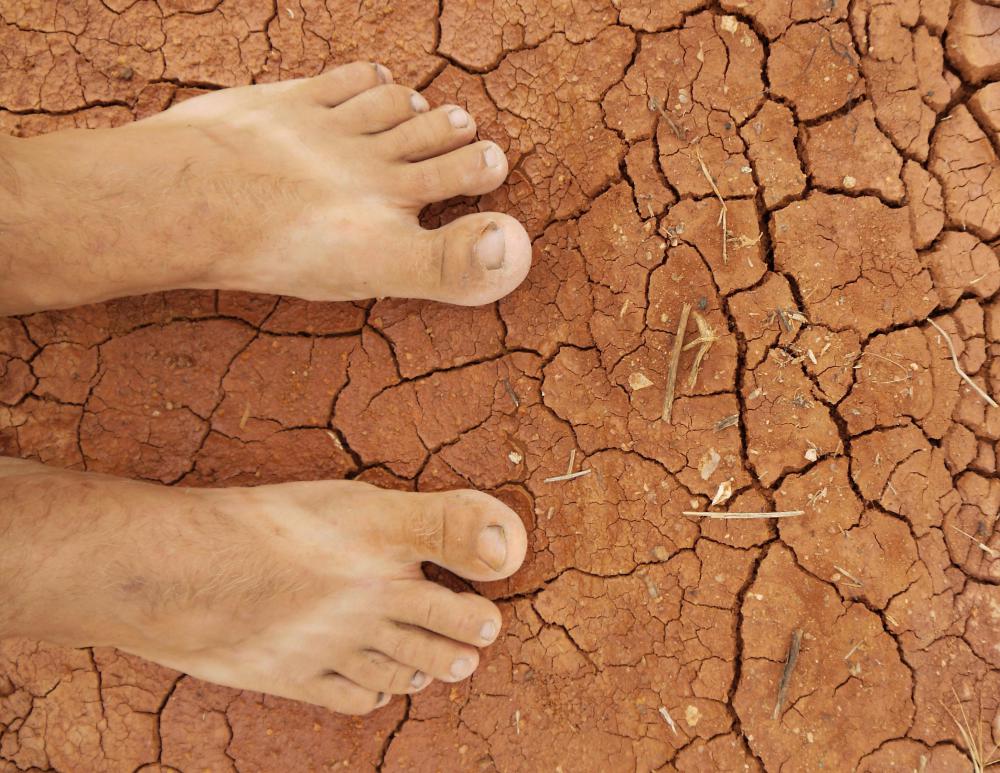At WiseGEEK, we're committed to delivering accurate, trustworthy information. Our expert-authored content is rigorously fact-checked and sourced from credible authorities. Discover how we uphold the highest standards in providing you with reliable knowledge.
What are the Different Environmental Science Jobs?
Environmental science is the broad study of the Earth's geologic processes, atmosphere, and ecosystems. Scientists conduct field studies to gather data about the environment and perform laboratory research to explore the different physical and chemical properties of natural elements. There are many different types of environmental science jobs available for qualified scientists in a number of job settings. Scientists might specialize in one or more branches of ecology, hydrology, or another pertinent earth or life science. Environmental science jobs can be found with universities, private research institutions, government agencies, and nonprofit conservation groups.
Research scientists often focus on specific areas of environmental science, such as ecological development, hydrology and water cycles and climate change. Ecology experts study the interactions living things have with their environment and with each other. Hydrologists monitor changes in water temperature and precipitation levels, and climate change environmental scientists attempt to explain global warming patterns and weather phenomena.

Environmental scientists in research positions usually spend significant amounts of time outdoors making observations and collecting samples. They take careful measurements of temperature, barometric pressure, humidity, and other variables. In the laboratory, scientists analyze samples of water, air, soil, and living matter to identify their physical and chemical properties. They track the changes in samples over time and write detailed scientific reports based on their findings.

Many environmental science jobs are found with government agencies and conservation organizations. Conservation scientists investigate the impacts of human activity on specific ecosystems and on the environment as a whole. They may conduct long-term studies of an area, tracking changes in climate, air quality, and populations of plants and animals. Some professionals give tours of national and state parks, educate the public on different ways to conserve resources, and actively engage in environmental cleanup and recycling efforts.

To obtain most environmental science jobs, candidates must hold at least bachelor's degrees from accredited universities. Most employers, especially universities and government institutions, require a scientist to obtain a master's or doctoral degree before conducting independent research. Individuals with doctorates are qualified to teach environmental science courses and lead laboratory teams at colleges and universities.

As the general public becomes more environmentally conscious, the number of environmental science jobs will continue to increase. Experts are needed to create new environmental protection policies, educate the public about conservation and sustainability, and encourage the development of alternative fuel and energy sources. Environmental scientists ensure that businesses and industries can thrive while protecting, rather than destroying, ecosystems and the environment as a whole.
AS FEATURED ON:
AS FEATURED ON:














Discussion Comments
@indigomoth - I would argue that to be true of most environmental science specialties.
Marine science jobs, for example are going to start becoming more and more available when the fish stocks start getting smaller and so forth, because people will be trying to find solutions.
I think that some people should try to become familiar with as many different branches of environmental science as possible, so they can put all the different bits of information together. An overall picture can be difficult to get when everyone is only an expert in a very specialized field.
Soil science is one type of environmental science that is going to need a lot of study in the coming years. Growing organic food is becoming more and more popular and methods of doing this cheaply and efficiently can be investigated by people who have studied soil science. Also, erosion and desertification are enormous problems in almost every country in the world.
Top soil gets lost to the rivers, and to the deserts which are getting bigger. As the population of the planet grows and needs more and more farmland, learning how to protect and reclaim valuable topsoil is going to become more and more important. If I was going for an environmental science career that's what I'd pick.
Building up soil is not only going to help people in the long run, it's also going to help the ecosystem, and it's going to be much in demand, so it is win-win all around.
Post your comments